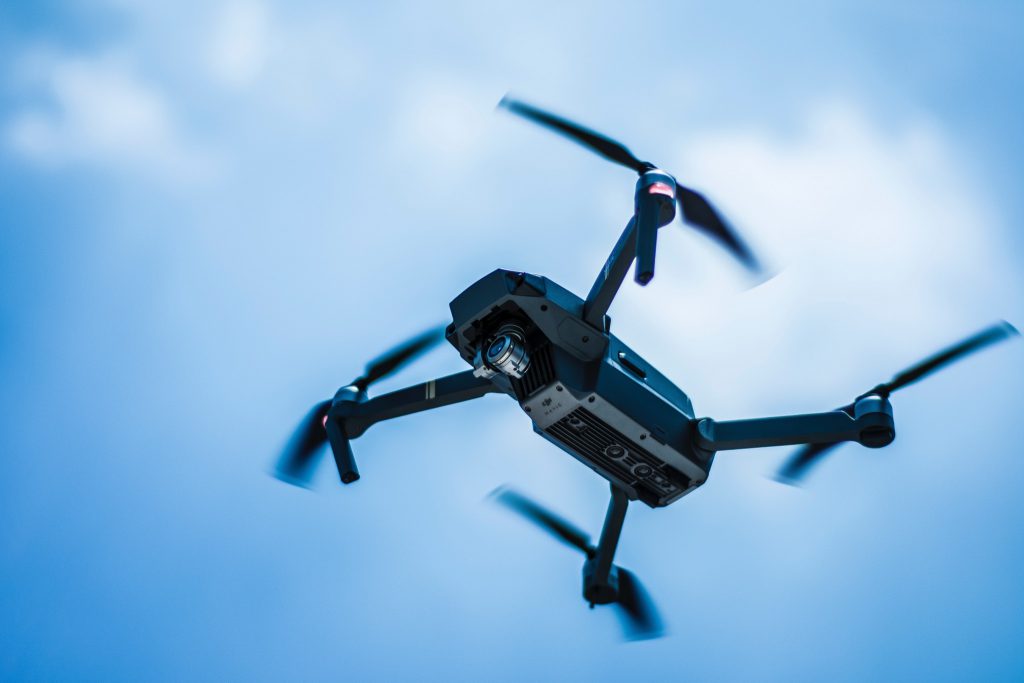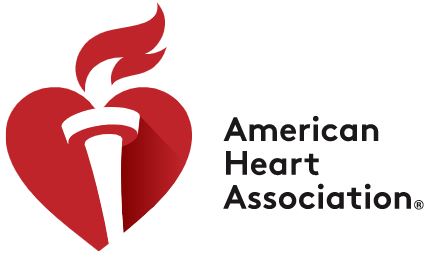The wave of Covid-19 has changed and reshaped many industries. Health, safety, and social distancing is now a bigger concern than ever. Because of this, the American Heart Association, American Red Cross and nearly all other major major training agencies have now approved virtual CPR delivery.
Virtual CPR Delivery
What is virtual CPR delivery? It’s just like it sounds, the videos, tests and other cognitive portions of a typical BLS or CPR/AED/First Aid class are delivered online. Students can complete most of the safety training at home or at work and the in-person skill session to ensure practical skills is delivered over a virtual platform.
Getting certified to save a life shouldn’t be scary, nor should it require sitting in a classroom for multiple hours with strangers. You can now have the manikin, training AED, and other supplies delivered straight to your home and conduct the rest of the class over a Zoom meeting! All of these sessions are safe, convenient, and nationally recognized/approved by the American Heart Association and American Red Cross which are the standards for those needing certification for work.
To learn more or to get started simply follow this link! Currently, all virtual sessions are for American Red Cross certification, upon registration, you’ll gain immediate access to the online coursework. When complete, simply email the proof of completion to our office to schedule a virtual Zoom session to complete the training and get certified. Virtual sessions are scheduled at least one week from online completion to ensure manikin delivery and certification cards are held until confirmation of return shipping on the supplies mailed. Getting certified has never been this easy, sign up now!












